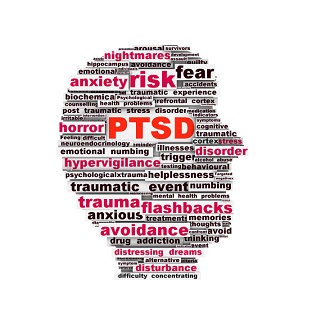Dr. Tian Dayton is a pioneer in ACOA healing. Her recently published article in the Huffington Post is titled, "When Adult Children of Alcoholics Become Moms“. Although targeted to mothers, this insightful writing applies to all ACOAs and dysfunctional family members.
Highlights:
Kids whose fight or flight response is activated over and over again by the confusing and disturbing dynamics that surround addiction may become traumatized by that experience. That trauma can surface years or even decades later in a post traumatic stress reaction. Adult children of alcoholics (ACoAs) can experience a form of PTSD from growing up with addiction.
ACoA moms can be big worriers. They pass along a certain anxiety and they often have a hard time with boundaries. In addition, there is this loss of self- regulation that is part of the trauma response, so ACoAs may alternate between emotional and behavioral extremes.
As kids we rewrite, repress, "forget" or dissociate from the pain that we can do nothing about. It's the nature of trauma. Kids who are feeling overwhelmed by the chaos around them "check out"--they dissociate and they freeze their feelings because it's the only way they can get any sense of personal control. After all, they are small and dependent on their parents; they are trapped by the vulnerability of their age and size. Besides this, they make sense of their parent's erratic behavior with the developmental equipment they have at that time, and that sense can be very young and magical.
When they grow up and become adults, they just don't have a mature sense of what happened and how it affected them. They are mature and functioning adults with wounded little kids hunched down in silence deep inside of them.
Why don't ACoAs recognize this and try to get help?
Because the pain is unconscious and surfaces unconsciously through triggers and memory primers. The trap is that because ACoAs often have the capacity to understand what happened to them, they mistake understanding for emotional processing; their pain remains untouched and unprocessed. They can refer to it, but not feel it, process it, and let it go or at least transform into another stage. They block it in a thousand clever ways.
Read the entire post here: http://www.huffingtonpost.com/dr-tian-dayton/when-adult-children-of-al_b_8061092.html
Check out the Orange County ACA website at: Orange County Adult Children



